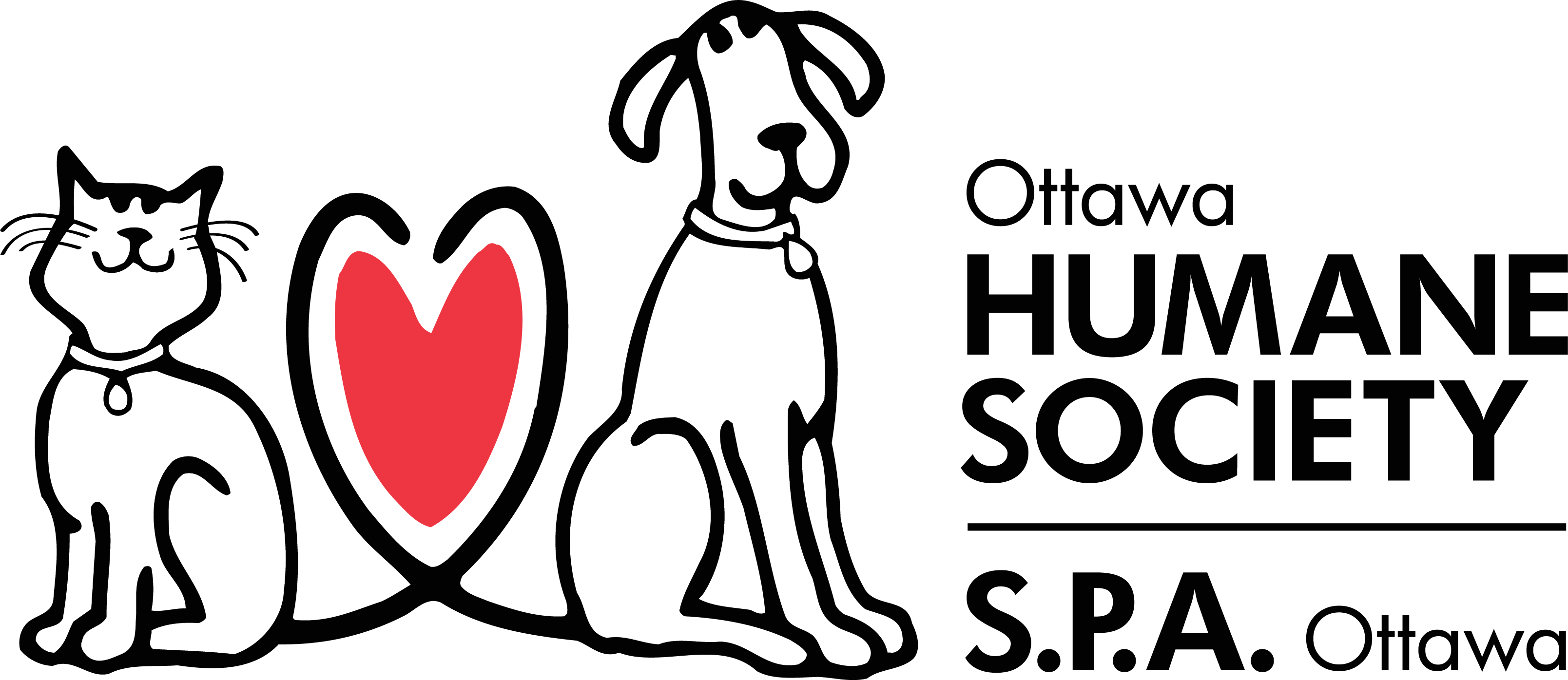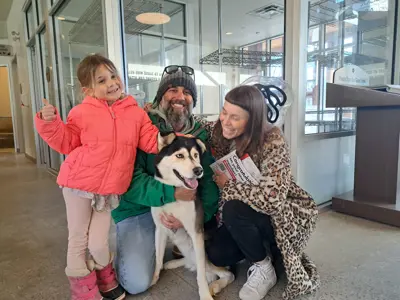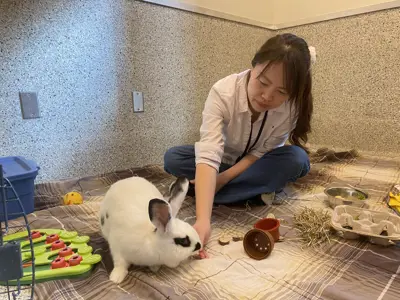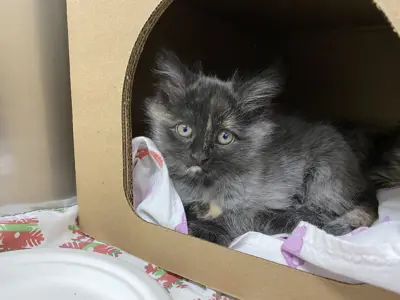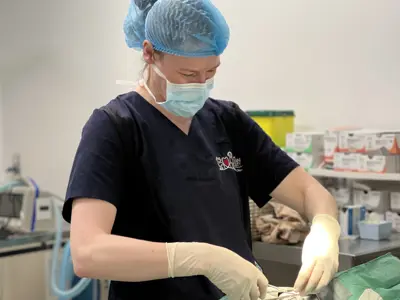Home
Be the First to Know!
Discover great events for building the bond between you and your pet, helping your family learn more about animals and exciting ways you can support Ottawa's animals and the people who love them.
Stay up to date on the latest and biggest animal news in Ottawa and be the first to know what's going on at the Ottawa Humane Society.
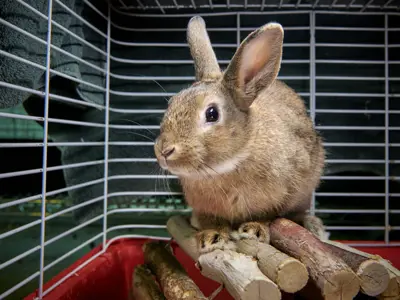
Latest OHS News
Last Year...

3,414 Pets
Found loving forever homes through our adoption program. Thank you to our caring community for opening your hearts and homes to animals in need!

7,087 Kids
Learned about responsible pet ownership through camps, programs and in classrooms! Building the next generation of caring people ensures a more humane future for the animals.

38,000+ lbs
Of pet food provided to families in need through our pet food bank. People and pets belong together. Pet food to help families who are struggling is just one of the ways we keep pets with the people who love them.
Land Acknowledgement
The Ottawa Humane Society’s facilities are located on the traditional unceded territory of the Anishinaabe Algonquin People. We are grateful to have the opportunity to work and be present on this territory. As a humane society, we embrace our responsibility to care for our community’s animals and foster compassion and respect for all.

